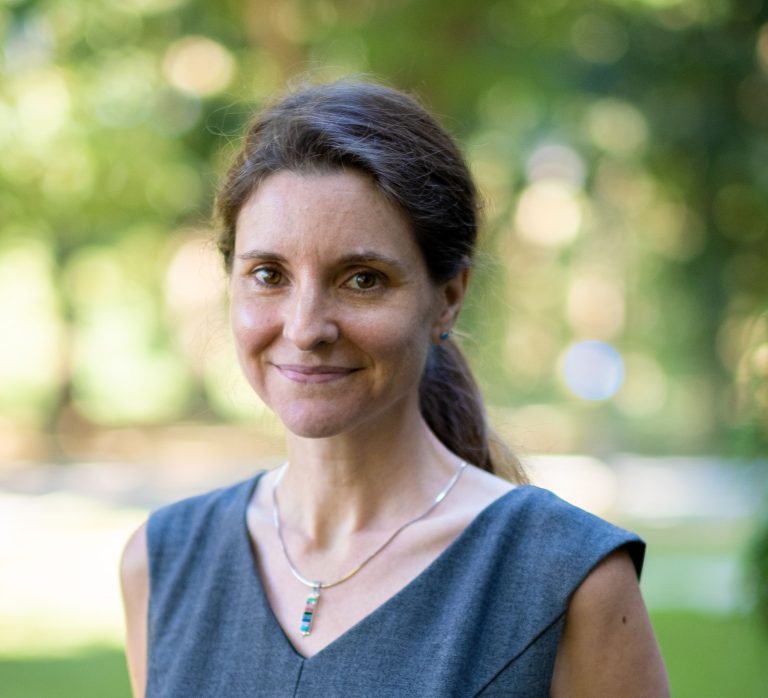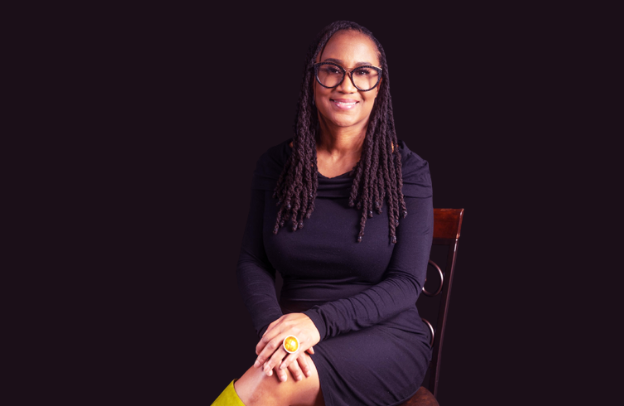Learn About History And Education In The Diaspora Community with Melissa Perkins

The African Diaspora Community refers to the global dispersion of people of African descent who are living outside the African continent, often because of historical events such as the transatlantic slave trade, colonization, migration, and more. The number of Africans in the diaspora runs into several hundreds of millions and they make a significant contribution both to their different countries of residence and to the African economy.
Want to learn more about storytelling? Start by downloading the first chapter of The Storytelling Series for Small Businesses.
This diverse and widespread African diaspora community encompasses individuals and their descendants who share African heritage and cultural ties but reside in various regions around the world, contributing to the rich fabrics of global cultures and societies while maintaining connections to their African roots through shared history, traditions, and experiences.
See the full podcast interview with Melissa Perkins
Understanding history and education in the diaspora community
Understanding history and education in the African Diaspora community is essential for various reasons, as it helps promote awareness, unity, cultural preservation, and social progress. Here are five key important to understanding this history:
- Cultural Preservation and Identity: Knowledge of the history and education of the African Diaspora community helps preserve and celebrate cultural heritage. It allows individuals to reconnect with their roots, language, traditions, and customs, fostering a strong sense of cultural identity.
- Awareness of Historical Struggles: Understanding the history of the African Diaspora community highlights the significant struggles and challenges faced by African people throughout history, such as slavery, colonization, and discrimination. This awareness helps combat historical amnesia and promotes empathy and solidarity.
- Empowerment and Self-Esteem: Knowledge of one’s history and contributions to society can boost self-esteem and empower individuals within the African Diaspora community. It shows that they have a rich and impactful history, which can inspire pride and self-confidence.
- Social and Political Activism: Historical knowledge can be a catalyst for social and political activism. Understanding the struggles of the past can motivate individuals to advocate for equality, justice, and positive change within their communities and in society at large.
- Education and Future Generations: Incorporating the history and experiences of the African Diaspora community into education curricula can provide a more comprehensive and inclusive perspective. This not only benefits individuals from the community but also helps promote understanding and tolerance among diverse groups. It ensures that future generations have a more accurate understanding of history and a more inclusive worldview.
In summary, understanding history and education in the African Diaspora community is crucial for cultural preservation, awareness, empowerment, activism, and education. It contributes to a more informed and inclusive society that values the contributions and experiences of all its members.
3 Ways to Improve Education In the African Diaspora Community
Improving education in the African Diaspora community is crucial for empowerment and socioeconomic advancement. Here are three effective ways to enhance education in this community:
- Culturally Relevant Curriculum and Materials: Tailoring educational curricula to include the history, contributions, and cultural experiences of the African Diaspora is essential. This helps students relate to their heritage, fosters a sense of identity and pride, and promotes engagement in the learning process. It’s important to provide diverse and inclusive materials that reflect the experiences of the community.
- Access to Quality Education: Ensuring equitable access to quality education is paramount. This includes addressing disparities in funding, resources, and educational facilities. Scholarships, mentorship programs, and after-school support can help bridge gaps in access and achievement. Additionally, providing teachers with training in culturally responsive teaching methods can improve the overall learning experience.
- Community Engagement and Parental Involvement: Active involvement of parents and the broader community in the educational process is essential. Establishing partnerships between schools, families, and community organizations can create a support network for students. This involvement can include workshops, seminars, and programs that educate parents on how to support their children’s education and advocate for improvements in the school system.
By implementing these strategies, education in the African Diaspora community can become more inclusive, culturally sensitive, and accessible, ultimately leading to better outcomes for students and the broader community.
About the guest – Melissa Perkins
Melissa Perkins is a philosopher, way-shower, and master trainer who has launched a global think tank establishing offices in Washington DC, Los Angeles CA, and Nairobi Kenya.
Starting her career as a historian and prestigious North Carolina Teaching Fellow, Melissa ventured beyond the traditional classroom to build and lead English language centers in mainland China. After observing education systems and corporate structures around the world, she decided to shift popular leadership and learning paradigms by creating her own approach.
In 2020, Ms. Perkins grew a beta test group of 10 learners from a social media app to more than 200 within a year, founding Blue Star Virtual Learning. After a few years her team wisely, rebranded the company uThinkIndigo (uGo!) to acknowledge the driving philosophy that draws many scholars and thought leaders to her community.
She unveiled The Indigo Approach Guide to Conscious Learning to the world in August 2022 and it is liberating the minds and hearts of readers around the world.
Melissa hails from the United States but considers herself a global citizen. She has cultivated a team of more than 20 great minds to help her introduce 1.4 billion people to this grand philosophy via their think tank by 2025.
Learn More About Obehi Podcast
Obehi Podcast brings you leaders and experts from different industries to share their experiences, relating to the African diaspora, business, and storytelling. Listen to Obehi Podcast across different platforms: Spotify, Apple Podcast, YouTube, and much more.
Want to learn more about storytelling? Start by downloading the first chapter of The Storytelling Series for Small Businesses.





